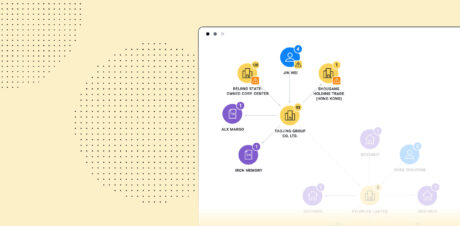U.S. Immigration and Customs Enforcement (ICE) sent a known Hezbollah financier back to Lebanon in July 2020, only one year into a five year prison sentence. The U.S. Treasury’s Office of Foreign Asset Controls (OFAC) sanctioned Kassim Mohammed Tajideen as a Specially Designated Global Terrorist (SDGT) in April 2009 for allegedly using his network of companies in Lebanon and Africa to finance Hezbollah, a U.S. designated terrorist organization.
The amount of revenue that Tajideen’s network was and potentially continues to produce and move for Hezbollah is significant. According to the U.S. authorities, Tajideen and his associates conspired to conduct transactions worth over $50 million with U.S. businesses despite existing sanctions, and moved up to $1 billion through U.S. financial institutions via transactions outside the U.S.
The Tajideen family continues to maintain a commercial network of at least 33 Lebanon-based companies, some of which are sanctioned. The network includes at least 22 construction and real estate development companies, most of which remain unsanctioned and include companies with ties to Iraq — a jurisdiction that has been linked to other sanctioned Lebanese companies involved in Hezbollah-related terror financing.
Additionally, property records from Lebanon’s public cadastre show the Tajideen family holding at least one parcel of land and a company registered to an address owned by a Hezbollah-affiliated political party.
The Tajideen network is but one example of an alleged terror financing network that remains active despite several of its companies and family members being sanctioned. However, even when such networks skirt sanctions and avoid detection through the use of family members, the Tajideen and similar networks can be further investigated using public data.



